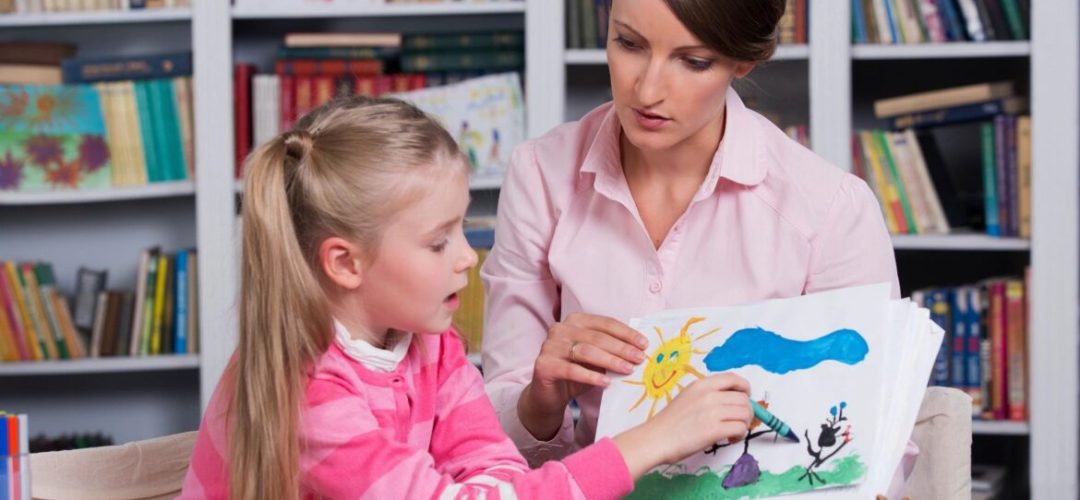
The Child Psychiatry course offers an in-depth exploration of the field of child and adolescent mental health. It equips students with a comprehensive understanding of the unique psychological and emotional needs of children and adolescents. The curriculum covers a range of topics, including developmental psychology, behavioral disorders, mood disorders, anxiety disorders, and therapeutic interventions. Students will gain insights into assessing and diagnosing mental health issues in young individuals, as well as effective treatment strategies and psychotherapeutic approaches. The course emphasizes the importance of interdisciplinary collaboration and ethical considerations in child psychiatry. Graduates will be prepared to work as child psychiatrists, mental health professionals, and advocates for the mental well-being of children and adolescents.
Our Child Psychiatry qualifications have been designed in collaboration with colleges, higher education institutions, and sector skills councils. They offer a pathway for individuals to progress to university degrees and cover Diploma Level- 3 to 7.
These qualifications provide the flexibility for learners to choose from a variety of optional units at each level. This allows them to specialize in specific areas while also gaining the essential core knowledge necessary for all managers or individuals.
- Comprehend the concept of child mental health and its importance in holistic development.
- Recognize prevalent mental health issues and obstacles encountered by children.
- Acquire understanding of nutrition’s influence on child mental health.
- Investigate methods to encourage emotional well-being and a mentally healthy lifestyle in children.
- Study the significance of early intervention and preventive mental healthcare for children.
- Explore the psychological and emotional growth of children.
- Attain knowledge about typical mental health challenges in children and approaches for early support.
- Learn about safety protocols and measures to prevent mental health crises in children.
- Develop practical skills in handling mental health crises in children, including de-escalation techniques.
- Examine the roles of parents, caregivers, and mental health professionals in promoting child mental health and resilience.
- Cultivate awareness of ethical considerations and cultural sensitivity in child mental health.
Upon successful accomplishment of the Child Psychiatry program, individuals will be equipped with diverse career prospects spanning sectors dedicated to children’s mental well-being. Potential professional trajectories comprise child psychiatry specialist, pediatric mental health nurse, child psychiatric counselor, child psychotherapist, child mental health advocate, early childhood mental health educator, child mental health researcher, public mental health advocate, and child welfare coordinator.
Graduates can secure positions within mental health institutions, healthcare organizations, educational settings, research centers, non-profit organizations, government agencies, or opt for advanced studies in child psychiatry at the postgraduate level.

